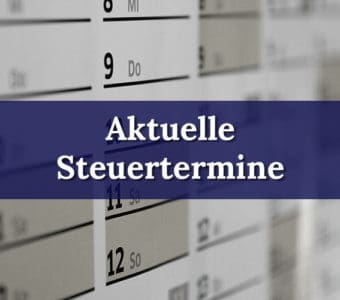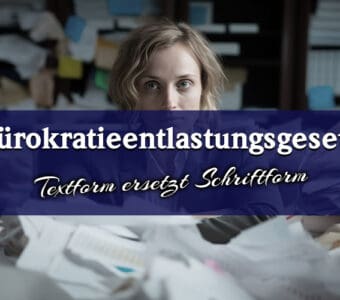
Information on November aid
On November 5, 2020, the German government announced the first essential framework conditions for extraordinary economic aid, which is now also known as "November aid".
On October 28, 2020, the German government and the heads of government of the federal states decided on further corona aid - including extraordinary economic aid. The economic aid, also known as "November aid", is primarily aimed at those who have to shut down their business operations in November due to the coronavirus measures or are indirectly affected by this closure.
The initial framework conditions for November aid were announced on November 5, 2020. The key points are as follows:
- Companies, businesses, self-employed persons, associations and institutions directly affected by the temporary closures as well as indirectly affected companies are eligible to apply. Hotels count as directly affected companies. Indirectly affected companies are companies that demonstrably and regularly generate 80 percent of their turnover with companies directly affected by the closure measures.
- With the November aid, subsidies are granted per week of closures in the amount of 75% of the average weekly turnover in November 2019 (up to a maximum of EUR 1 million). As an alternative to the weekly turnover in November 2019, solo self-employed persons can use the average weekly turnover in 2019 as a basis for comparison.
- Other state benefits paid for the November 2020 funding period are taken into account (bridging assistance and short-time working allowance). Pure liquidity assistance, such as repayable KfW loans, are not taken into account.
- If sales are generated in November despite the general lockdown, these will not be offset up to 25% of the comparable sales in November 2019. In other words: no one should earn more than 100% of the previous year's monthly earnings.
A special rule applies to restaurants if they offer food for sale outside the home. Here, the sales refund is limited to 75% of sales in the comparative period of 2019 for those sales that were subject to the full VAT rate at the time, i.e. the food and corresponding drinks consumed in the restaurant. This means that sales from out-of-home sales - to which the reduced VAT rate applies - are excluded. In return, these sales from out-of-home sales are excluded from the sales credit during the closures in order to favor an expansion of this business.
Example: In November 2019, a pizzeria had a turnover of 8,000 euros from consumption in the restaurant and 2,000 euros from out-of-home sales. It therefore receives EUR 6,000 in November aid (75% of EUR 8,000), i.e. initially slightly less than other sectors (75% of the comparable turnover). On the other hand, the pizzeria can generate significantly more than the generally permitted EUR 2,500 (25% of EUR 10,000) in turnover from delivery services in November 2020 without the subsidy being reduced.
- Applications can be submitted in the coming weeks via the nationwide IT platform for bridging assistance (the necessary programming of the application form is currently being carried out by the IT service provider of the Federal Ministry for Economic Affairs and Energy). The application must be submitted by a tax consultant or auditor. Solo self-employed persons who do not apply for more than EUR 5,000 in funding are eligible to apply directly, subject to special identification requirements.
There is now also a first FAQ catalog on November aid from the Federal Ministry of Finance -> Federal Ministry of Finance - FAQ extraordinary economic aid
Do you need help or further information on the so-called November aid? As tax consultants, we are at your side. Get in touch with us!
Give us a call:
or write to us via the contact form.







